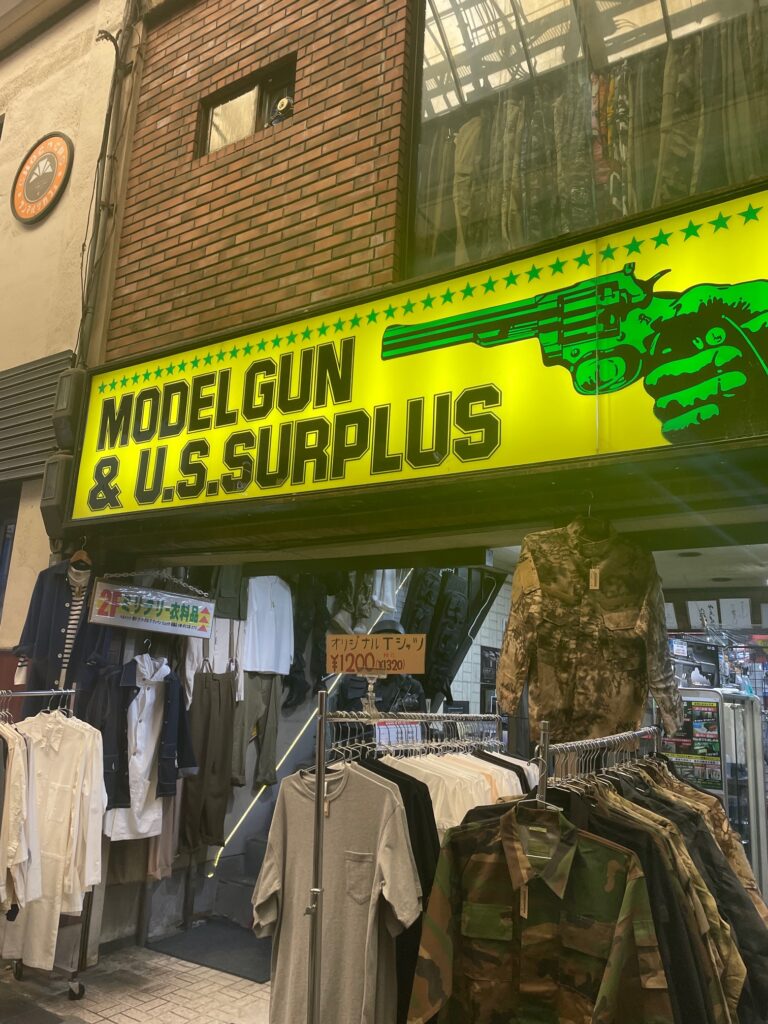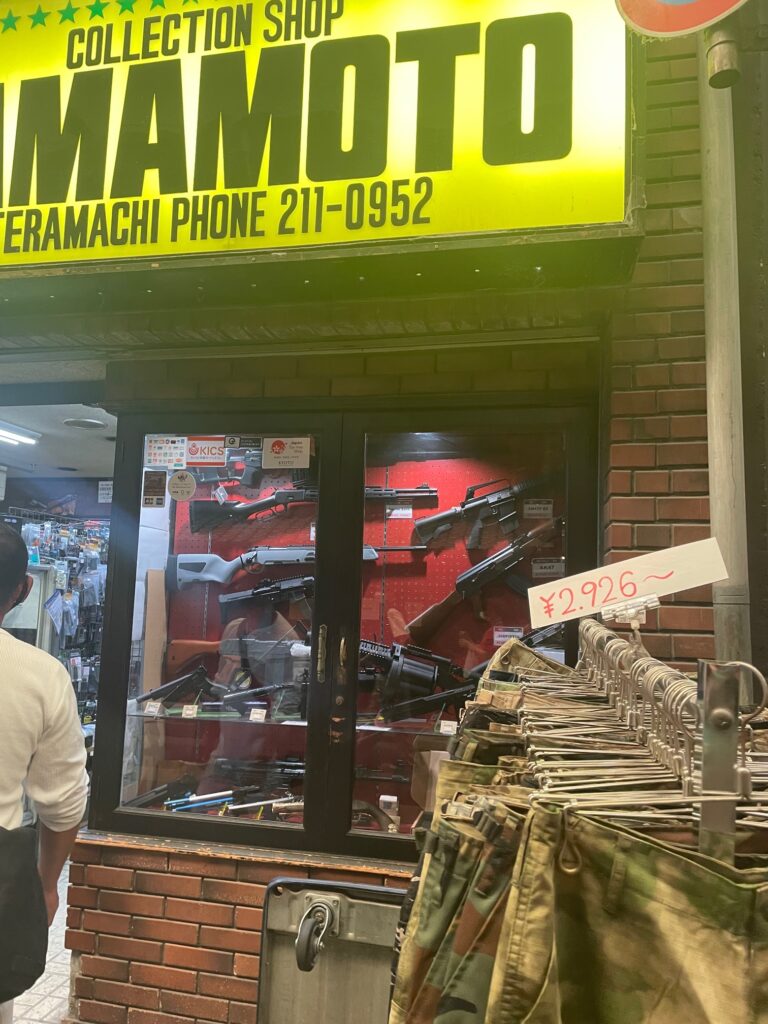I’ve only been here a few weeks, and the first two weeks were spent in strict quarantine, but already I can say, Japan is awesome. Japan is awesome in and of itself, but as a comparative politics person, the differing policy decisions between Japan and the US are so very striking! Since they’re both high income countries who have money to spend, it’s a matter of priorities- what does each country choose to spend money on? First impressions:
- COVID is taken seriously here. The 2 week quarantine was not fun, and less so because we could not get a hotel room large enough for our family to stay together, so after 18 months of constant togetherness, I was alone in a hotel room for 14 days. But I was safe, and knew my family was safe, and that we were contributing to keeping the entire country safe. We were video-called several times per day to verify our health and location. Entry requirements to the US amount to “you need a negative test to get on the plane, let’s hope you’re not sick, smell you later.” So far, everyone masks everywhere here, and it’s not a question or a big deal at all. This is, to say the least, very different from the current status in the US, where a small but vocal minority prefers horse medication to a safe and free vaccination. I tried to explain horse medicine, anti-mask protests, and vaccine avoidance to my students, who thought they must be misunderstanding the English words I was using. But no, I reassured them, it doesn’t sound absolutely banana-pants because of a translation problem, it sounds bonkers because it is.
- It’s very safe here. Young-children-ride-the-subway-alone safe. Walk-around-alone-at-night-as-a-woman safe. When I told a colleague at Doshisha that my daughter said, “The schools here probably don’t have lockdown drills” he assumed I was talking about COVID lockdowns. Because the idea of school shootings with high capacity weapons is inconceivable here- you can’t buy that kind of stuff (or practically any guns) here (meanwhile, Texas has approved permitless carry for handguns, and while legislation has been introduced at the federal level to close the gun show loophole where unlicensed dealers can sell weapons to anyone without a background check, it’s unlikely to pass any time soon). Japanese students practice for earthquakes (in schools which their governments have worked to make safer from quakes) while their American counterparts practice for school shootings (which have been drastically reduced in many other countries, while the US chooses again and again not to prioritize the safety of children).
- Mass Transit! Japan’s train system is, in my opinion, worthy of all of the hype it receives. So far, we’ve travelled by bullet train, subway, light rail, and bus. Transit is plentiful, clean, and reasonably priced, with a very simple IC card system that works with an easy tap on many different companies/lines (and at vending machines and convenience stores- my associates feel very grown up having their own quasi-debit card). Bicycle, train, and bus travel is further incentivized by significant road tolls to encourage people to think many times before driving long distances. So, pretty much the opposite of the US in every possible way when it comes to transit. Again, the US could do any number of things to improve and expand its mass transit infrastructure, it just . . . hasn’t.


Academically, I knew all of these things before we arrived (in fact, they are big reasons why I applied for this specific fellowship!), but experiencing them directly adds a depth to that knowledge that just reading and thinking about it from New York did not. I do realize I have only just arrived, and have much to learn and study about, so I’m not drawing any final conclusions. But it is so very interesting, and I’m grateful for the experience.


